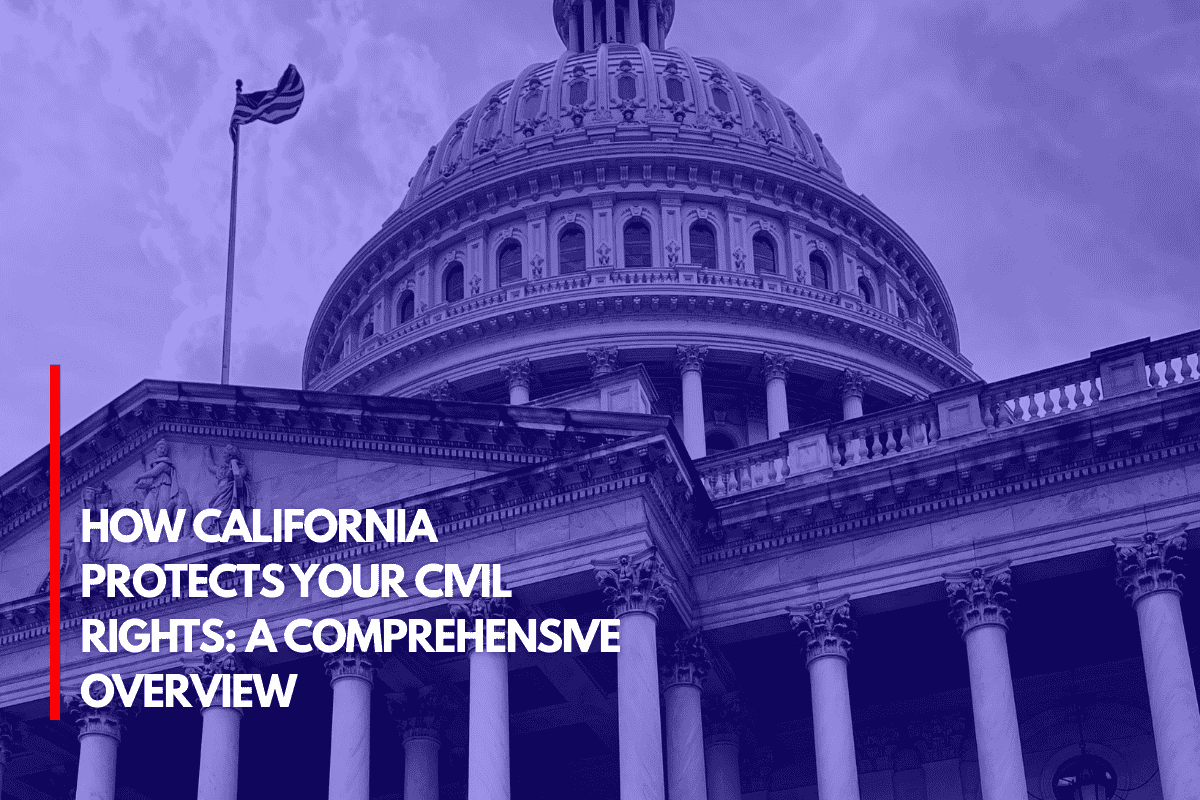Texas has a number of tax benefits, one of which is the lack of a state income tax. Residents must still take into account additional applicable taxes, such as property taxes, sales taxes, and special local taxes. The primary taxes in Texas for 2025 are broken down here.
1. No State Income Tax
The fact that Texas does not impose a state income tax on individuals is one of the largest tax advantages for its citizens. This implies that you are exempt from paying state taxes on your earnings, company income, investment gains, and retirement income, which includes 401(k) plan distributions, pensions, and IRA withdrawals.
The fact that you will only be required to pay federal income tax—not state tax—even on retirement withdrawals is a big benefit.
2. Sales Tax
The state sales tax rate for the majority of products and services in Texas is 6.25%. Local governments may, however, add an extra 2%, bringing the average total rate in 2025 to roughly 8.2%.
During sales tax holidays, some purchases are exempt from taxes. For instance, from August 8–10, 2025, statewide tax exemptions will apply to purchases under $100, such as school supplies, diapers, masks, shoes, and apparel.
3. Property Tax
In Texas, counties and local communities, not the state, are in charge of assessing property taxes. The average property tax rate is one of the highest in the United States, at 1.47% of the home’s value.
Localities may have different property tax rates and exemptions. For instance, in 2025, the property tax rate in the City of Austin will be roughly $0.574 per $100 of taxable value.
New limitations on property tax increases may be imposed on counties and cities beginning in August 2025.
In addition to having the right to equal and consistent taxation in comparison to nearby properties, residents can object to property tax valuations. On the other hand, penalties, interest, and even foreclosure may result from nonpayment of property taxes.
4. Special Local Taxes
Austin is one of the Texas cities that imposes additional municipal taxes. These could consist of:
Occupancy tax for hotels and motels (11%).
Tax on the renting of motor vehicles (5%)
Taxes on mixed drinks
Different Texas localities may impose these additional taxes in different ways.
5. Insurance and Special Fees
Texas implemented a new insurance fee in 2025 to fund health initiatives. The majority of residents won’t be impacted unless they work in the insurance sector, however some insurance companies will pay specific yearly fees to support these initiatives.
Important Tax Notes for Residents
Residents of Texas are nonetheless liable for federal income taxes even though the state does not impose one. The federal tax rates, deductions, and brackets for 2025 are the same as those for prior years.
Sales tax and property tax will be the main taxes paid by the majority of inhabitants. Verify the rates in your area as well as any applicable exemptions, such as homeowner homestead exemptions.
References:












